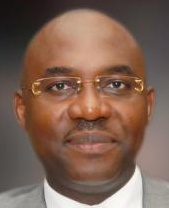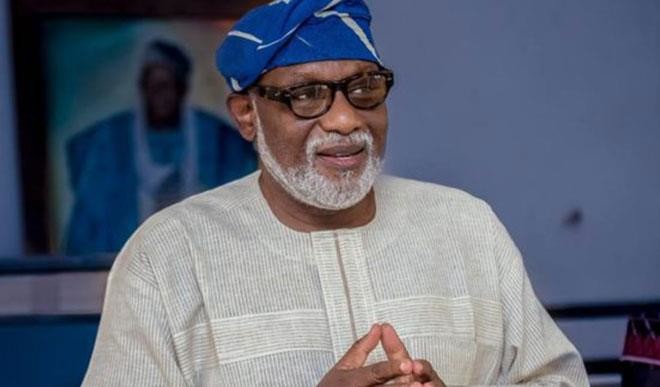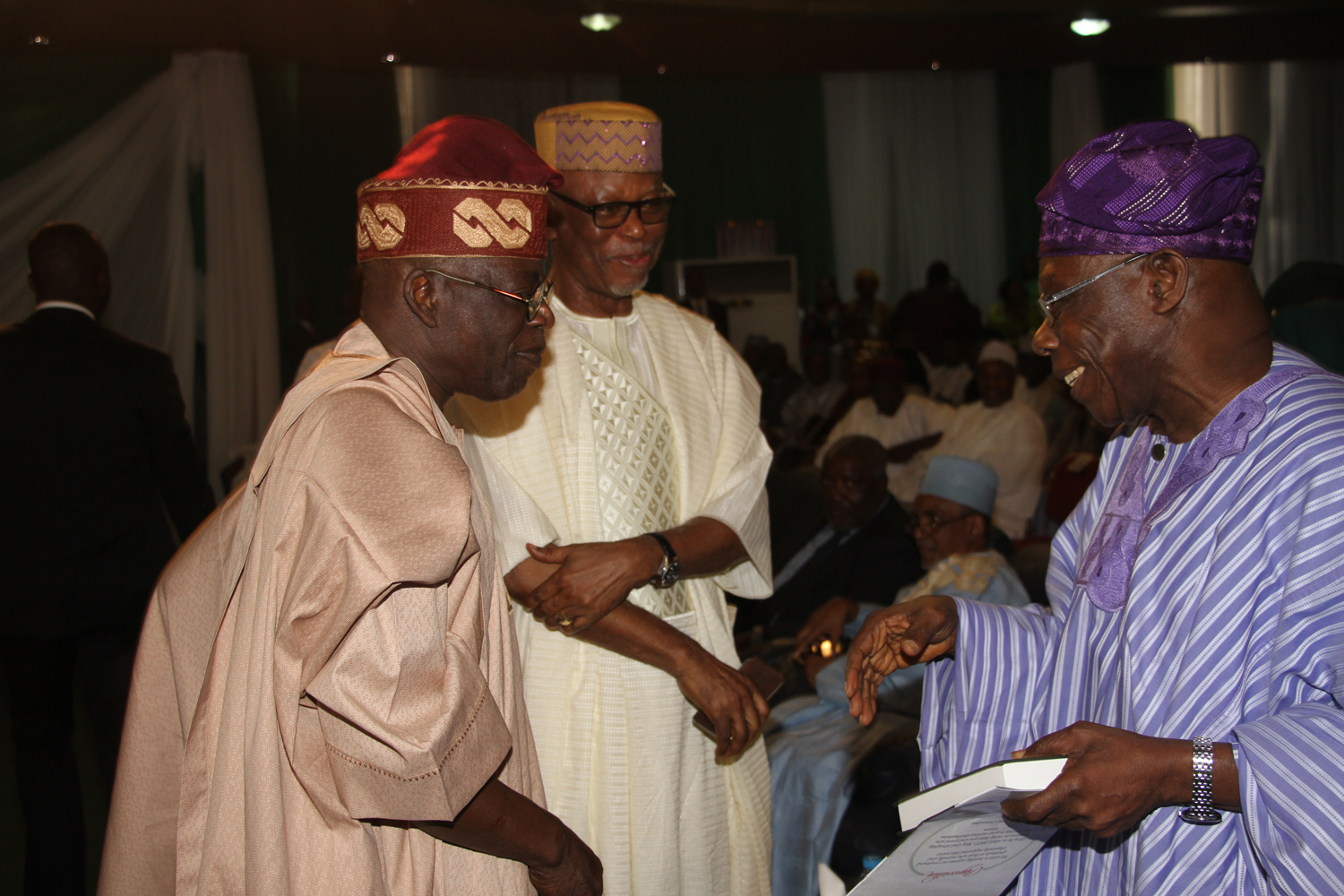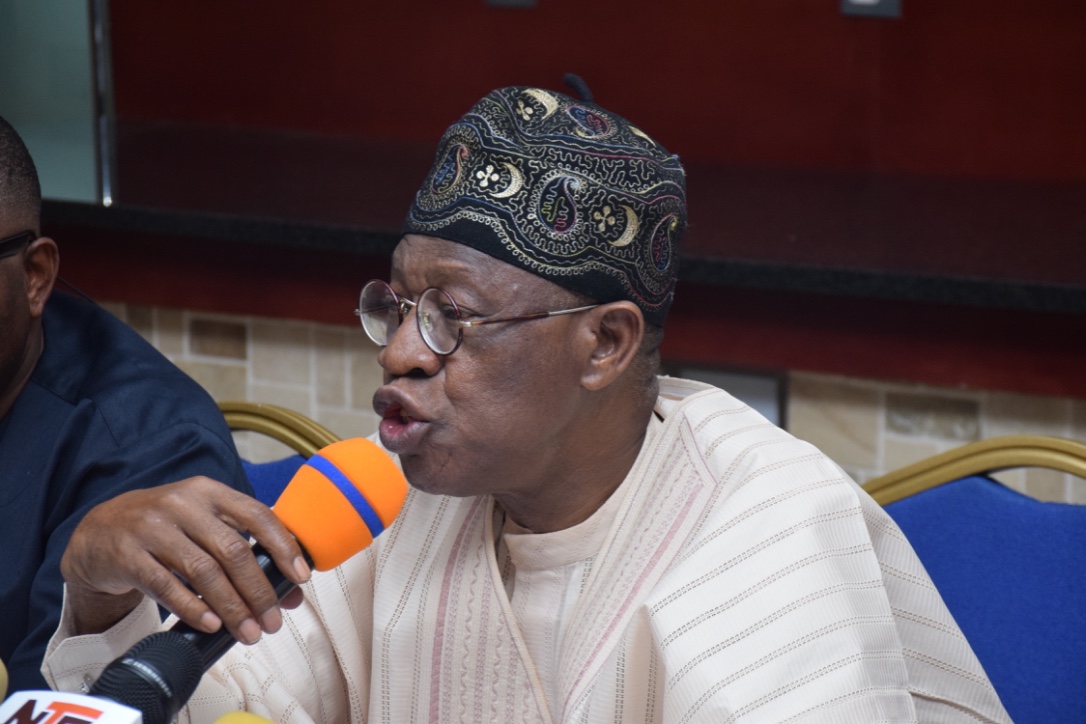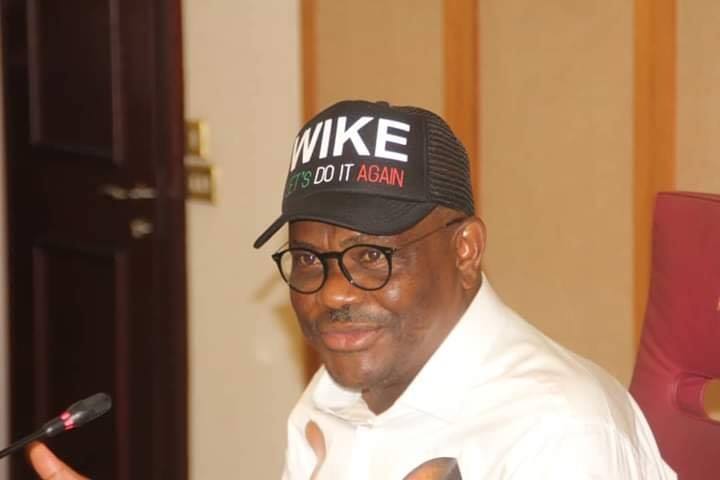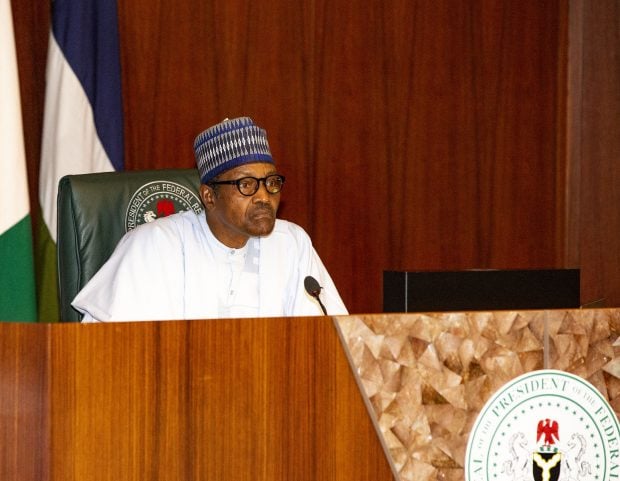Though bound by geography, they yet present two contrasting morality tales. The increasingly animated talk today of Indian hemp being refined into a legitimate business in Ondo and the fierce denunciation of pool-betting elsewhere in Bauchi surely depict, in some way, the stark contradictions of Nigeria’s federalism and her moral universe.
Moralists opposed to cannabis will, for instance, cite its pungent smell and swirl of smoke as offensive to their normative nostrils, but are yet unable to back such disposition up with a portion of any holy books classifiying the vegetable the devil’s creation and not God’s. If only such individuals knew hemp extracts constitute the active ingredient of most of the hair products used by ladies, perhaps they would be less dismissive.
On the other hand, those fiercely crusading against “Kalokalo” (the local generic name for pool-betting and other casino ventures) in their locality on the basis of faith are, however, never shy to gorge on a share of taxes harvested on it from other provinces.
Thanks to Omoyele Sowore, anyway, for the new interest in marijuana (a.k.a. ganja, Igbo or “wee wee”) for medical and industrial use in Nigeria. He kindled the conversation while on the hustings leading to the last presidential polls. Consistent with his advocacy for fresh idea or “disruptive thinking”, the Sahara Reporters publisher contended that the global hemp industry is now too big and lucrative for nations like Nigeria with comparative cultivation advantage not to shed their prudish pretences and get involved.
Advertisement
With states like California in United States, Canada, the Netherlands, Argentina, not surprising Jamaica (Bob Marley’s roots) and even South Africa already legalizing the weed, the bourgenoning global hemp market is already valued at hundreds of billions of US dollars.
Advance in technology means its use is no longer for mere recreation but also curative medicine and as a more durable alternative to cotton for the textile industry.
The flagbearer of African Action Congress said that his native Ondo State – Ogbese area and Ilu-Abo (where Chief Olu Falae hails from) specifically – grows the finest weeds which can position Nigeria’s export as the preferred choice in the international market; the same way Nigeria’s oil is fondly called “sweet crude” by industrial consumers in the west. One account already estimates Ondo’s hemp industry to be worth N65b.
Advertisement
Before proceeding, some quick clarification might be necesssary at this point. To erase any possible suspicion of a conflict of interest, let me declare upfront that my aversion to even cigarette is obsessive, let alone the wilder mutation – weeds. (I hope Pastor Paul Adefarasin of House on the Rock gets to read this.) One is so persuaded to follow the footsteps of popular writer and THISDAY columnist, Segun Adeniyi, who, before making a case also for medical marijuana earlier, came close to swearing to be a non-smoker. A pre-emptive salvo, no doubt, against those who might be tempted to ask Daddy Enoch Adeboye when the Redeemed Church lost Segun to the hemp devotees in the “Jah Rastafari” fraternity.
Now, Governor Rotimi Akeredolu (a.k.a. Aketi) would appear to have picked the gauntlet from Sowore. But coming in the twilight of his first tenure and on the eve of a re-election bid, many are bound to question his real motives, particularly given his profession as not just a lawyer but a senior advocate at that, and the fact that Igbo remains “evil” in the eyes of the law of the land.
Some are even likely to see it as a political gimmick for votes. Could he possibly be in possession of classified reports indicating hemp farmers now constitute such a large demographics in Ondo to be ignored in the approaching elections? If so, it follows that those aspiring to become the next billionaires from “ewe ola” (the fortune herb, according highlife musician Orlando Owoh) are likely to stake their votes on him.
Aketi’s epiphany apparently dawned in Thailand. Fresh from a workshop in Bangkok on Medicinal Cannabis Extract Development, the Ondo governor has lent state support by proposing the cultivation of cannabis for medical use under strict supervision of the Nigerian Drug Law Enforcement Agency (NDLEA). He believes its economic benefits will be exponential for his state currently among those listed as non-viable without the monthly allocation from Abuja. Apart from helping to lure the idle youths back to farming.
Advertisement
The trick worked in Ghana. A study conducted in the Volta region sometimes ago revealed increasing urban-to-rural drift by youths moving farther into the forest to cultivate large acres of the herb. In fact, many of the existing farmers were said to be abandoning growing food crops to diversify into the cultivation of Indian hemp to feed an humongous national appetite which saw Ghana being ranked by a United Nations report in 2014 as the world’s biggest consumer with more than ten percent of the population hooked. (A distinction it only lost recently to become the third.)
It is, however, doubtful if Aketi’s boast that the variant grown in Ondo is finest will go unchallenged by claimants in Kwale (Delta) or Edo who have always insisted that theirs is the “konkest” (most potent). In street parlance, it is graded into three categories according to value: “Marri” is low-quality, “polli” is medium-grade and “riger” is the top-notch.
Overall, with the passion now being invested in this hemp advocacy by Aketi, once memorably caricatured by then Governor Olusegun Mimiko in 2012 as “Baba oni irugbon yuketuke” (the old man with grubby beard), it would completely be out of character if the usually genial folks back in Ondo don’t begin to address him henceforth as the “Ganja Gomina” (gomina is Yoruba corruption of governor).
However, even before the first seed ever would be planted in the proposed Ondo hemp plantation, retired General Buba Marwa (rtd) already seems to have his gunsights trained on the state governor. In a strong-worded statement at the weekend, the Presidential Advisory Committee for the Elimination of Drug Abuse (PACEDA) led by the retired Brigadier-General warned that the venture would likely worsen the nation’s opioid crisis with the national population of spliff addicts already put at 10m. (By the way, nothing in the dope test already being advocated by Marwa as counter-measure suggests the exclusion of top public officers like Aketi himself.)
Advertisement
While PACEDA’s concern is undoubtedly germane against the backcloth of public mental health, that, in my view, is hardly a sufficient basis to close the debate. To be sure, no one disputes the notion that the use and abuse of the psychoactive substance paves the way and hastens the traffic to “Yaba Left” (as Yaba Psychiatric Hospital in Lagos is often sardonically called). But the case for medical marijuana is just as compelling. For states wishing to explore the economic opportunities, what should, therefore, not be compromised by the regulatory authorities is a tight framework for its operations and export in line with international best practices.
To think or argue otherwise is to surrender to the sterility of the mind. For, experience teaches that most great leaps or breakthroughs in human’s epochs were triggered not by men always accepting to be detained by dogmas but by those who dare to question conventional wisdom, pushing the old boundaries.
Advertisement
The same illiberal mindset is what must have propelled the hasty abrogation of the gaming industry in Bauchi last week by the state lawmakers. Once presented, the bill cited as “Gambling and Gaming Machines Prohibition Law” was passed with a despatch rarely ever seen in any legislature across the country. First, second and third readings followed in a rapid succession within the twinkling of an eye. Should outgoing Governor Mohmmed Abubakar assent before May 29, outfits like Naijabet and BetNaija would have become illegal overnight in Bauchi. In fact, any such establishment in existence is given a short deadline of three months to close shop or face forfeiture and prosecution.
Justifying the bill, the ten sponsors said the idea is to “sanitize the morality (sic) of our youths and children.”
Advertisement
While those being targeted would appear the big-time promoters of pool-betting (once pithily eulogized as the poor man’s stock market by octogenrian Adebutu Kessington, undisputably the industry’s doyen till date), the act was, however, silent on those who also stake valuables over the throw of a dice or card games at street-corners or the often delirious fans of European football league betting daily over which team wins a match usually transmitted live by cable television at public “view centres”.
To be sure, the Bauchi lawmakers can hardly be faulted in their self-assigned job to inculcate positive values in the children and the youths. But it bears stating that a stronger message would have been framed had they also endeavored to ensure the act forbids Bauchi state government from accepting through the monthly federal allocation receipts of any kind from taxes imposed on those operating any such casino business elsewhere in the country.
Advertisement
That is only when their moral argument against gambling won’t sound hypocritical indeed. For now, the Bauchi proposal is a reminder of the other paradox of those feverishly hounding drivers of beer trailers from their highways on the basis of faith but yet are unable to resist the temptation of pocketing generous share of VAT imposed on breweries operating in other jurisdictions.
Views expressed by contributors are strictly personal and not of TheCable.
Add a comment
